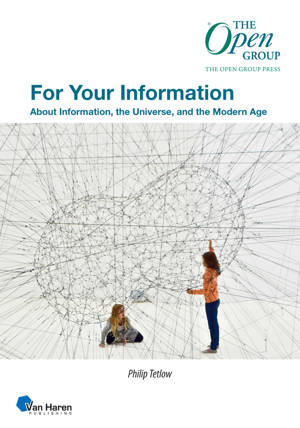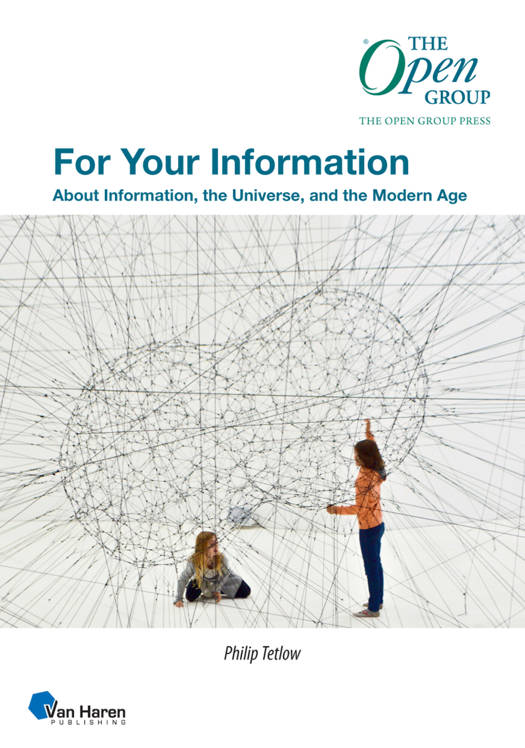
- Retrait gratuit dans votre magasin Club
- 7.000.000 titres dans notre catalogue
- Payer en toute sécurité
- Toujours un magasin près de chez vous
- Retrait gratuit dans votre magasin Club
- 7.000.000 titres dans notre catalogue
- Payer en toute sécurité
- Toujours un magasin près de chez vous
54,45 €
+ 108 points
Format
Description
In recent times, physicists have come to appreciate information’s central role in the universe’s grand plan. That and the fact that an explicit understanding of the informational relationships involved may well be key to unlocking many of the universe’s deepest secrets. That makes the birth of both Computer and Information Science not only essential to the explosion of modern technological success, but also to our understanding of reality itself. In recognizing that, what unfolds is a story not only about Alan Turing and his pioneering colleagues, but also great thinkers like Albert Einstein, Michael Faraday, Ludwig Wittgenstein and others. It therefore pulls in much of modern history and touches on seminal events like the birth of the atomic bomb. It also hints at the reasons behind the various social and political divides we see in the world today. So, in many ways, the story of how we became more informed about information is also the story of the modern age.
What you will read of here is the role that information plays in that ongoing saga and many of the twists and turns that have brought us to where we are with information today. In it you will learn that, unbeknown to Turing and others, their work would not only help overthrow the Nazis and thaw the chilling atmosphere of the Cold War to come, but also echo down the ages to remain relevant in a conflict still raging today. That sees the Computer and Information Scientists at loggerheads as they fight to find a right and justifiable place for meaning in information’s definition.
About The Open Group Press
The Open Group Press is an imprint of The Open Group for advancing knowledge of information technology by publishing works from individual authors within The Open Group membership that are relevant to advancing The Open Group mission of Boundaryless Information Flow™. The key focus of The Open Group Press is to publish high-quality monographs, as well as introductory technology books intended for the general public, and act as a complement to The Open Group standards, guides, and white papers. The views and opinions expressed in this book are those of the authors, and do not necessarily reflect the consensus position of The Open Group members or staff.
What you will read of here is the role that information plays in that ongoing saga and many of the twists and turns that have brought us to where we are with information today. In it you will learn that, unbeknown to Turing and others, their work would not only help overthrow the Nazis and thaw the chilling atmosphere of the Cold War to come, but also echo down the ages to remain relevant in a conflict still raging today. That sees the Computer and Information Scientists at loggerheads as they fight to find a right and justifiable place for meaning in information’s definition.
About The Open Group Press
The Open Group Press is an imprint of The Open Group for advancing knowledge of information technology by publishing works from individual authors within The Open Group membership that are relevant to advancing The Open Group mission of Boundaryless Information Flow™. The key focus of The Open Group Press is to publish high-quality monographs, as well as introductory technology books intended for the general public, and act as a complement to The Open Group standards, guides, and white papers. The views and opinions expressed in this book are those of the authors, and do not necessarily reflect the consensus position of The Open Group members or staff.
Spécifications
Parties prenantes
- Auteur(s) :
- Editeur:
Contenu
- Nombre de pages :
- 350
- Langue:
- Anglais
- Collection :
Caractéristiques
- EAN:
- 9789401812245
- Date de parution :
- 01-08-24
- Format:
- Livre broché
- Dimensions :
- 150 mm x 210 mm
- Poids :
- 595 g







